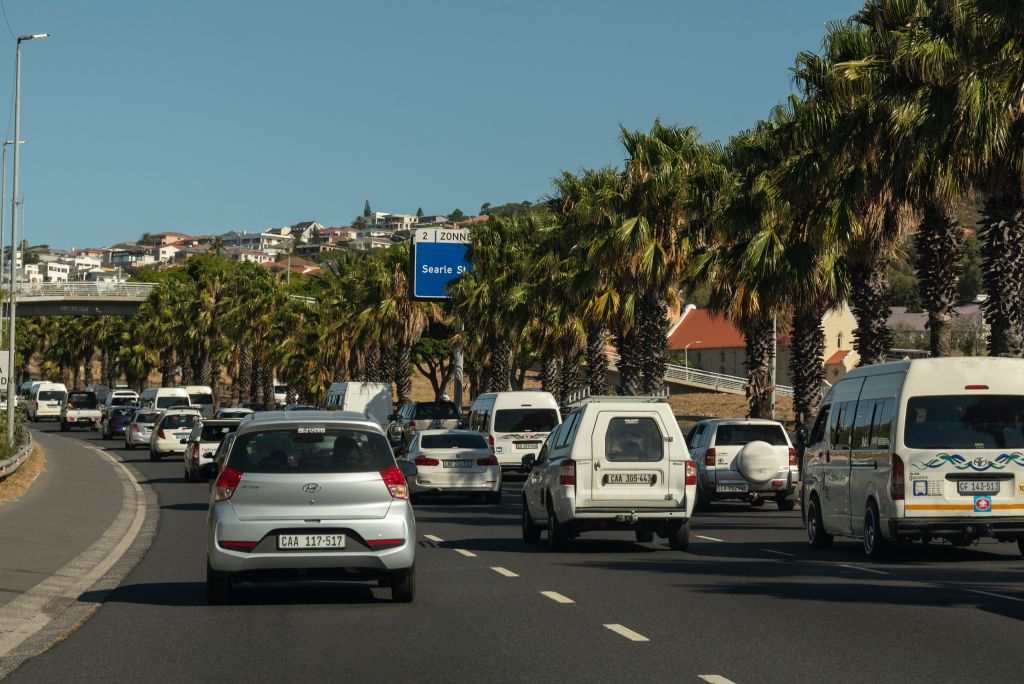A recent global report by Inrix, which specializes in transportation analytics, highlighted that in 2024, residents of Cape Town in South Africa spent the most time on congested roads, with an average of 94 hours lost in traffic. The city ranked ninth in the world.
Istanbul in Turkey was the worst, as per the study, with an average of 105 hours lost in traffic last year.
According to the report, traffic congestion occurs when demand for road travel exceeds the supply of roadways. “As vehicular traffic builds, drivers, freight movers and bus riders lose time and spend fuel unproductively.”
In Africa, the majority of cities with the worst record is from South Africa, with commuters and motorists in Johannesburg losing 55 hours and Pretoria trailing with 45 hours.
This time lost due to congestion also leads to a disruption of the economy, with rising fuel costs adding to commuter woes.
Loading...
South African roads are also seeing a rise in the number of accidents. The Road Traffic Management Corporation said in its State of Road Safety Report that a total of 2,818 fatalities were recorded between January and March 2024, compared to the 2,498 for the same period in 2023.
According to Budget Insurance and its vehicle accident claims data, between 2021 to 2023, drivers in Cape Town had the most car accidents of any city in South Africa. Reports indicate that the number of claims submitted to Budget Insurance increased by 36%.
“In addition to lost time, negative externalities like freight delay, inflationary pressure and environmental impact are generally exacerbated due to traffic congestion,” Inrix said in the recent report. “While not measured in this report, these externalities decrease our quality of life.”
Loading...
